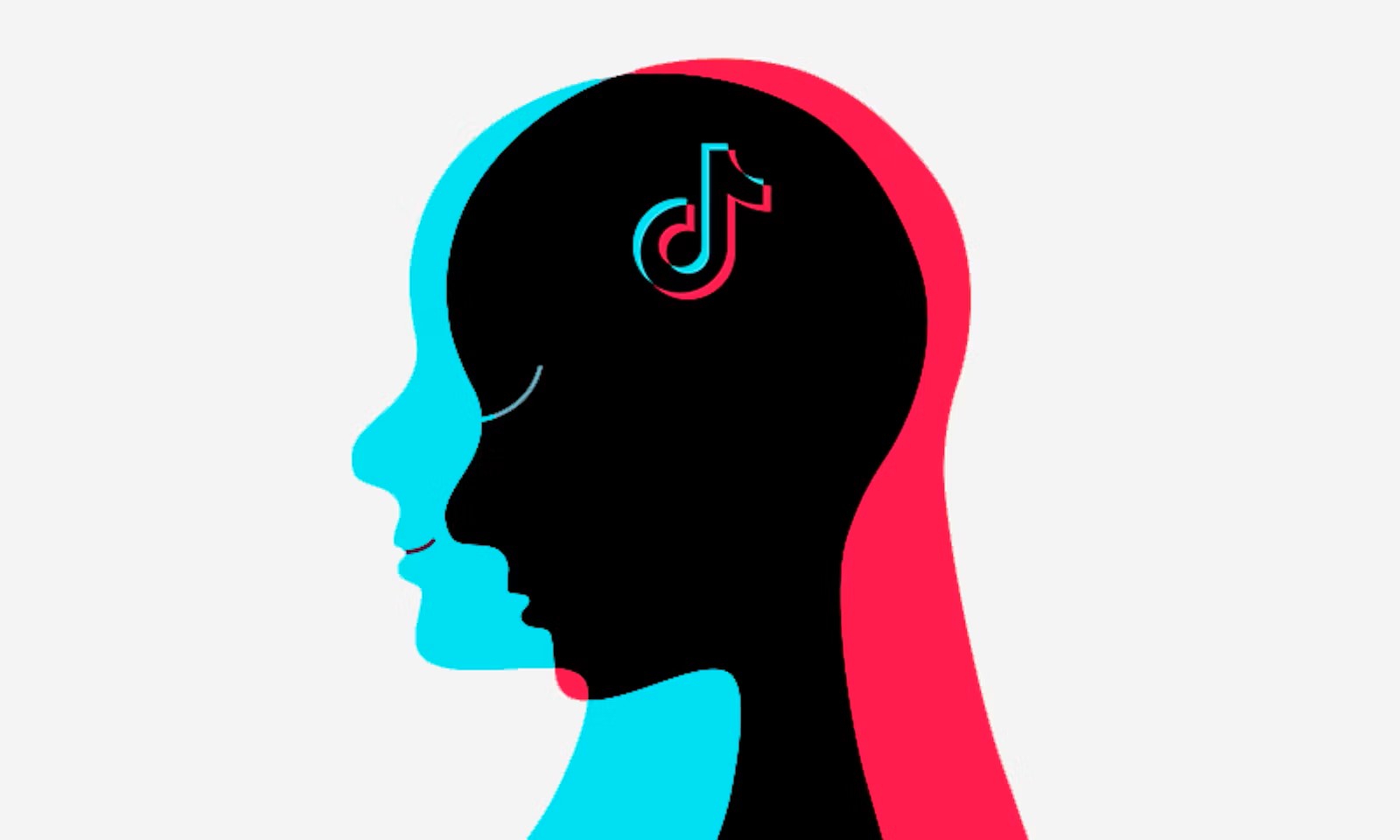A coalition of 14 US states has taken legal action against TikTok, accusing the platform of aggravating the mental health crisis among America’s youth through its use of addictive design features. The lawsuit, filed in New York, is a comprehensive critique of TikTok’s business practices and its impact on children and teenagers, with the states claiming that the platform misleads the public about its safety while fostering an environment that promotes excessive screen time and psychological harm.
The lawsuit asserts that TikTok’s design is intentionally manipulative, employing features like continuous scrolling, frequent notifications, and viral challenges that encourage compulsive use. The attorneys general leading the lawsuit argue that these features disproportionately affect young users, who are more vulnerable to the addictive qualities of social media.
“Despite knowing the dangers posed by its platform, TikTok falsely portrays itself as a safe and appropriate space for children and teens,” the lawsuit states. The attorneys general point to several high-profile incidents where teenagers have been injured or killed while attempting dangerous stunts seen on TikTok, including a tragic case involving a 15-year-old boy in New York City who died while “subway surfing.”
In a statement, New York Attorney General Letitia James described TikTok’s actions as reckless, accusing the platform of putting profit over the well-being of its users. “Young people across this country are suffering from anxiety, depression, and addiction-like behavior, and TikTok is playing a major role in this crisis,” she said.
TikTok, in response, expressed strong disagreement with the allegations, calling them “inaccurate and misleading.” The company emphasized its ongoing efforts to improve the safety of its platform, including tools designed to help users manage their screen time. However, the lawsuit argues that these measures are not only ineffective but have been presented to the public in a misleading manner.
This lawsuit is part of a broader wave of legal challenges against tech companies for their impact on mental health. Both Facebook and Instagram have faced similar accusations, and TikTok has been under particular scrutiny, given its popularity among teenagers. According to recent estimates, more than half of US teens use TikTok on a daily basis, raising concerns about the platform’s influence on their well-being.
Digital rights advocates like Imran Ahmed, CEO of the Center for Countering Digital Hate, believe this lawsuit is a significant step in holding tech companies accountable. However, he also cautioned that legal action alone is unlikely to solve the problem. “What we need is a stronger regulatory framework that protects young people from the harmful effects of social media,” he said. As the case against TikTok unfolds, it could set a precedent for future legal and regulatory actions against other social media platforms, further shaping the conversation around the ethical responsibilities of technology companies in safeguarding the mental health of young users.






